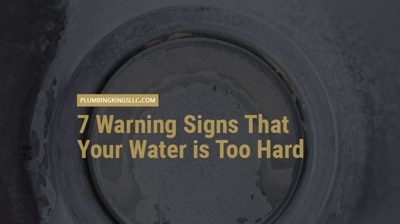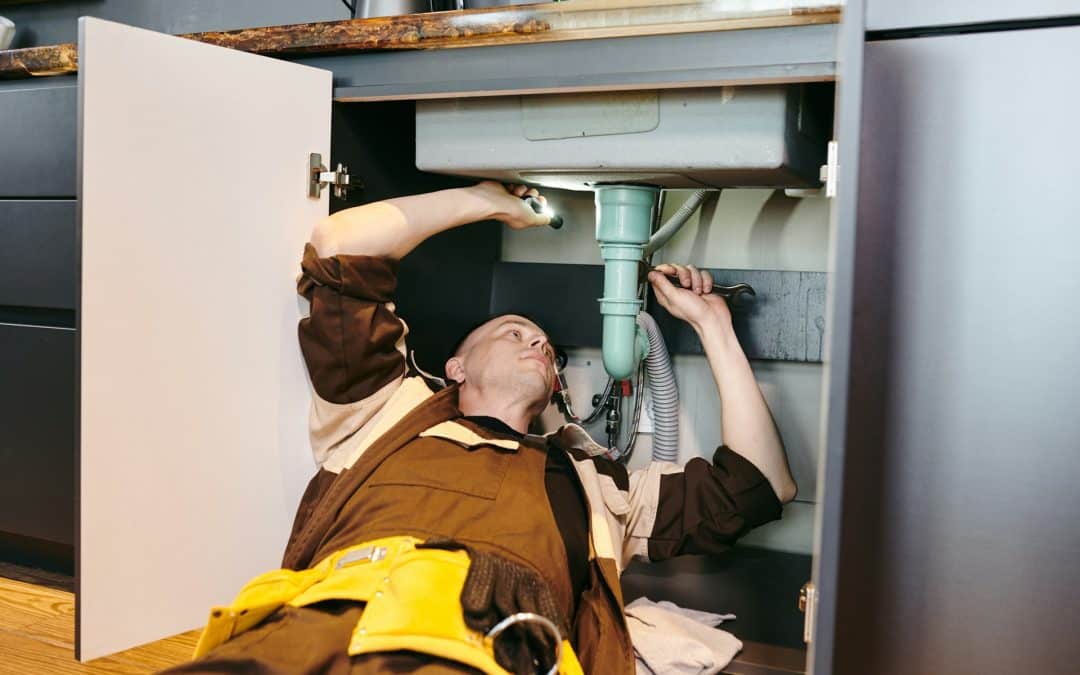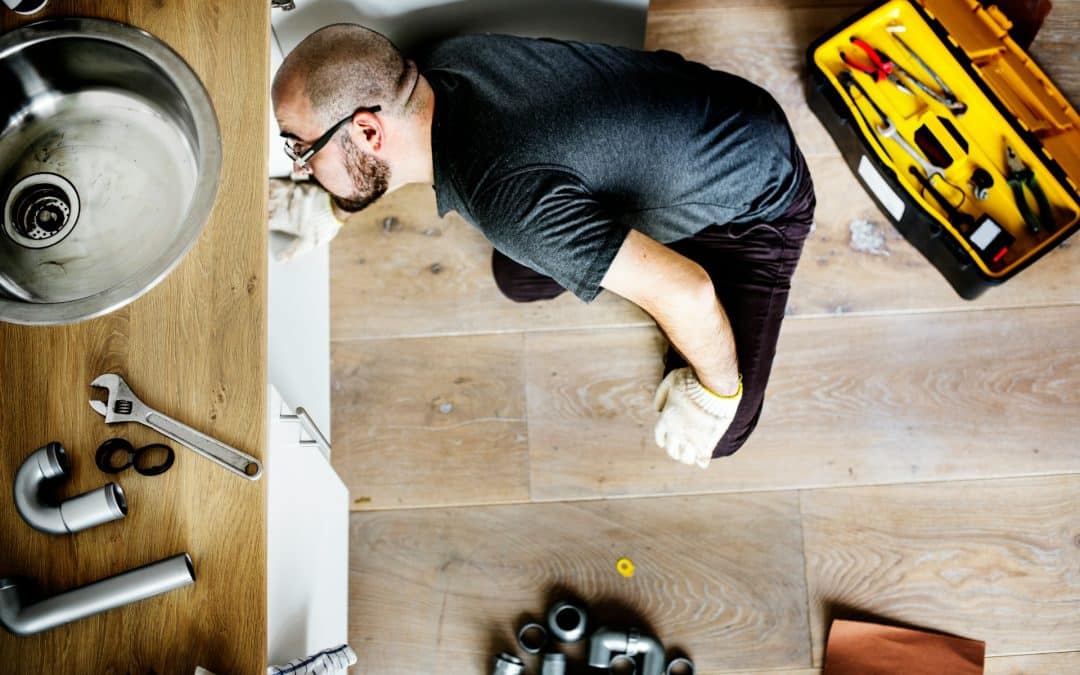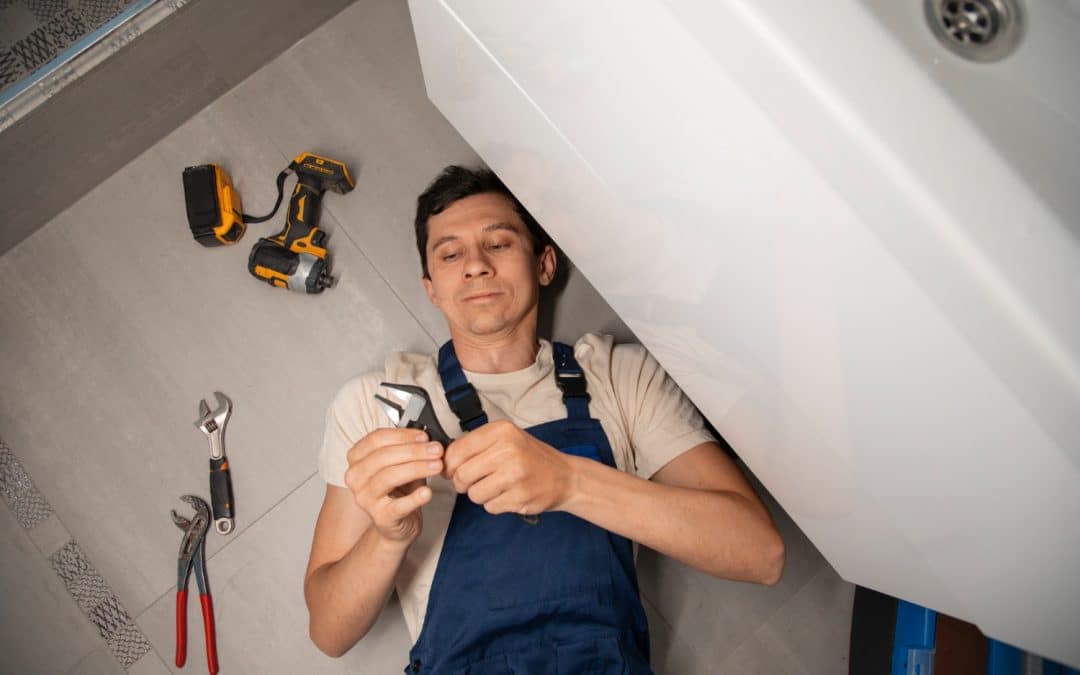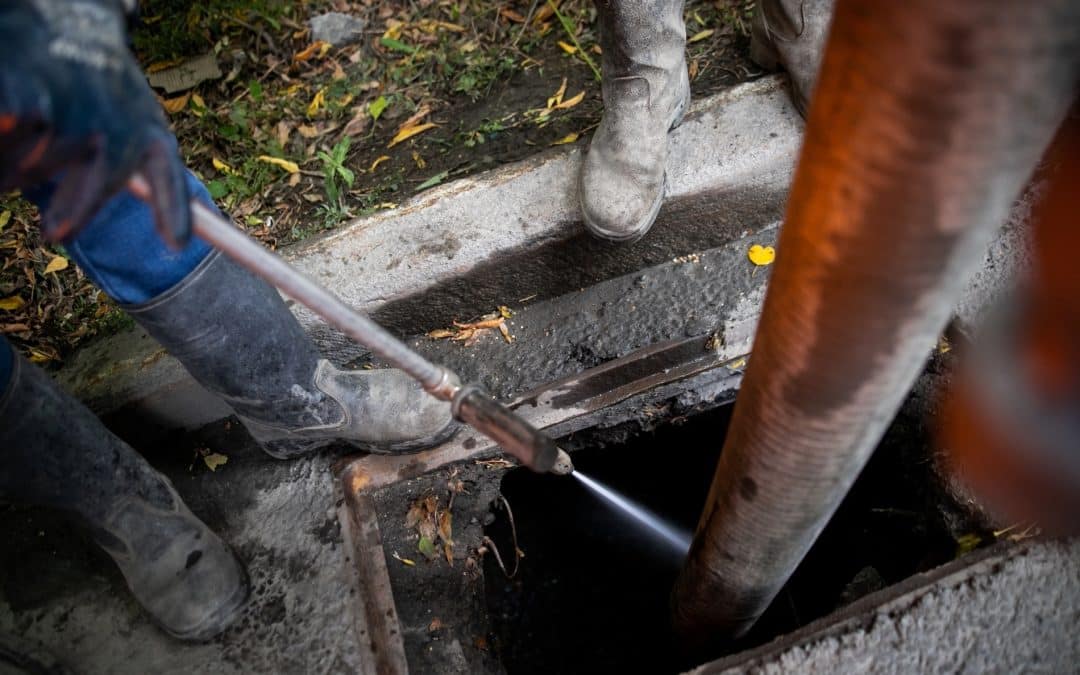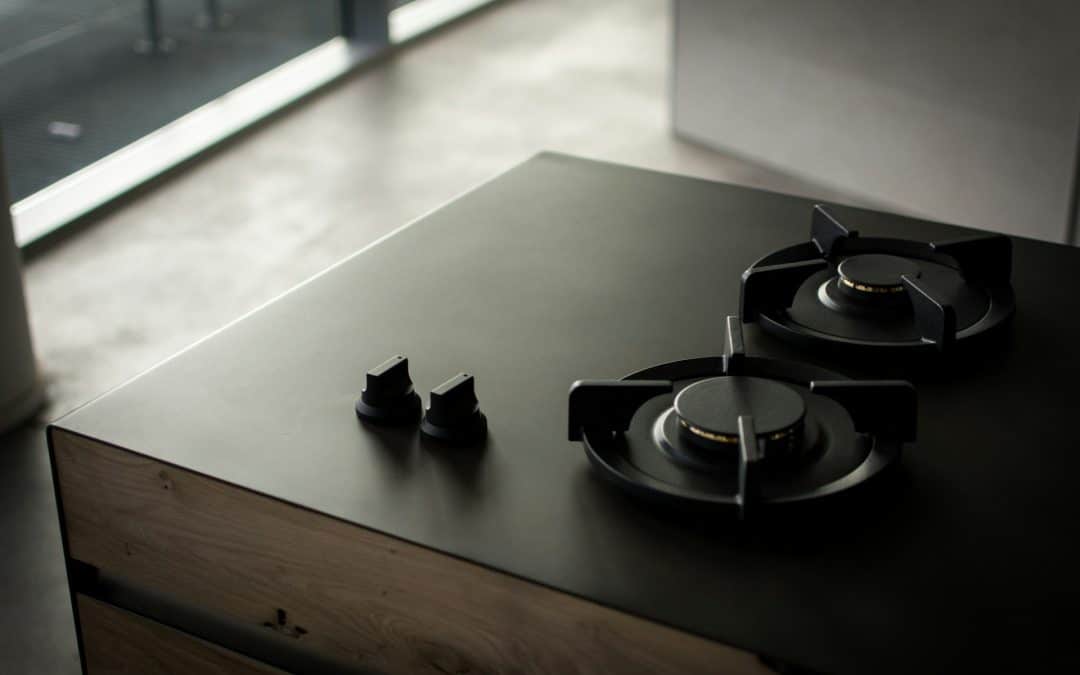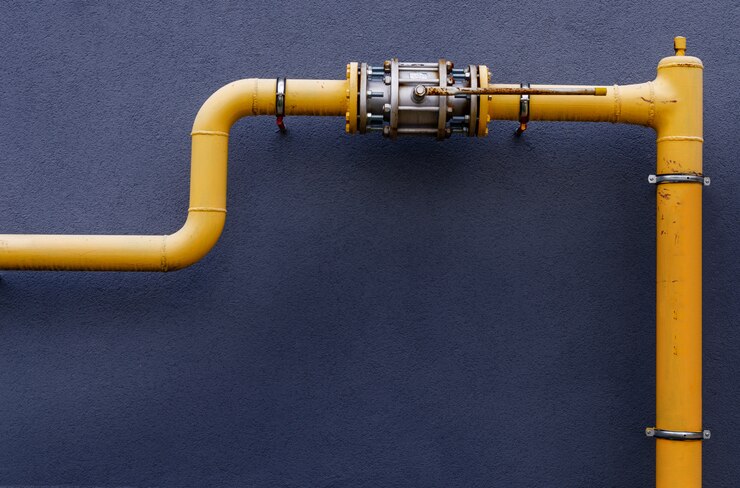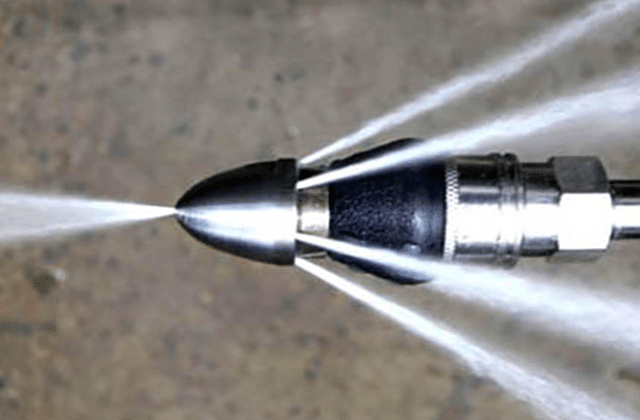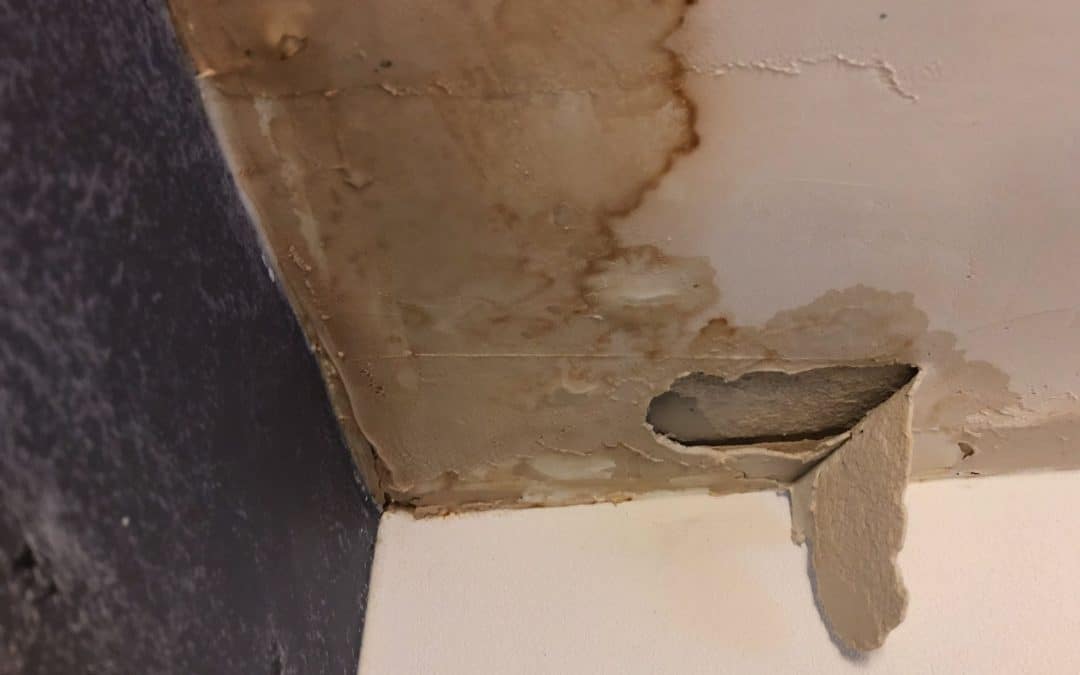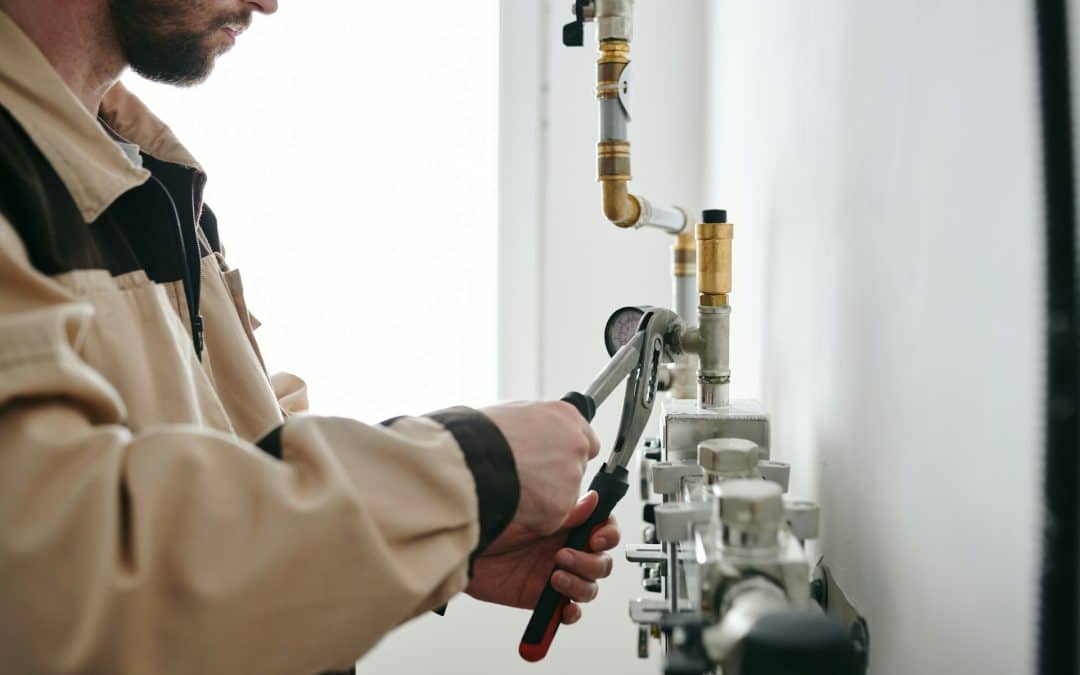It’s not something we usually think about, but hard water can wreak havoc on your pipes, clothing, and appliances. The high mineral content in hard water can make your skin feel dry, your tap water tastes funny and can quickly form buildups in your shower. If you think you might have a hard water problem, there are some tell-tale signs to look for so you can finally deal with it.
How Do You Know If Your Water Is Hard or Soft?
The terms hard water and soft water refer to the amount of mineral particles found in a water source. Hard water tends to contain more minerals, such as magnesium and calcium. When these minerals are found in high concentrations in water, you will find a buildup of them dried on your pipes, showerhead, and other appliances. There are many areas in the U.S. that have hard water and the added wear and tear on a home causes real problems for owners.
Signs Your Water Is Too Hard
Perhaps someone has suggested to you that your area may have hard water. How can you tell for sure? Well, it’s very easy to see some symptoms of hard water in your everyday life.
- Your skin feels drier than usual.
- Your clothes never smell or look clean, even just out of the wash.
- Your hair is dull and lifeless.
- You have scale on your showerhead or soap residue on your tub.
- Your faucets all have a low water pressure.
- Your tap water tastes metallic.
- Your water heater/dishwasher/washing machine has clogged pipes.
1. Your Skin is Dry and Scaly
Taking a shower with hard water is actually not very good for your skin. Soap residue is often left as hard water isn’t able to fully rinse it off your skin. This leaves your skin dry and taut. If you or your children have eczema, hard water will worsen those symptoms.
2. Your Clothes Never Seem Clean Enough
Water that contains excessive minerals is just not able to effectively remove stains or smells from your clothing. In fact continually washing and rinsing clothing in hard water constantly deposits more and more minerals onto the fabric. Your clothing never actually gets clean, yet shows more and more wear with every wash.
3. Your Hairdo Looks Terrible
Just like your skin, hard water zaps the moisture out of your lovely locks. This leaves limp, lifeless hair that looks as if you haven’t rinsed out all your shampoo. Also, hard water makes shampoo and soaps less foamy, which just makes for a much less pleasant bathing experience.
4. You Have to Deep Clean Your Shower…Again
Soap scum and calcium deposits are frequent reminders that your home has hard water. Descaling your showerhead will become a weekly event in your cleaning routine if this is the case. Also, your toilets will start to have rust-colored stains in them that must be scrubbed out.
5. It Takes Forever to Fill a Glass of Water
The buildup that you clean off of your faucets and showerheads is also depositing itself on the inside of your pipes. Without being able to scrub them down on a regular basis, your pipes are going to become clogged with excess mineral deposits. This will first manifest by causing your faucets and taps to run extremely slowly.
6. Your Glass of Water Tastes Like Metal
One of the first things you’ll probably notice when you move from a place with soft water to a place with hard water is that the tap water has an unappetizing metallic smell and taste. Short of buying bottled water for consumption, you’re probably going to have to find a solution to your hard water problem.
7. You Have to Call the Plumber Out to Fix Something…Again
When you have hard water, appliances such as your washing machine and your dishwasher will have more wear and tear. The pipes or any drainage areas of the machines are especially vulnerable to hard water damage. You’ll probably have spots on your glasses, stains on your clothes, and perhaps orange stains on the inside of your appliances.
Negative Effects of Hard Water
- Clogged pipes and high plumber bills.
- Wear and tear on your most used appliances.
- Constant buildup of soap scum and hard water minerals on your faucets, showers and toilets.
- Your clothes aren’t really clean and your skin and hair look dry, dull or itchy.
What to Do If You Have Hard Water
If you have hard water, there are many things you can do to lessen the damage caused. You could use a water-softening detergent in your daily wash cycles or dishwasher detergents with borax. For your skin, you can use moisturizing lotions and soap that leave less sticky residue after a shower. However, these tips won’t reduce the harmful effects of hard water on your plumbing system.
The ultimate fix to your hard water problem is to install a water softener in your home. This will target all the areas that hard water affects, including your plumbing system. Water softeners remove harmful amounts of minerals from your water, saving your plumbing fixtures, your clothing, and your skin and hair. An investment such as a water softening system can save you money in repairs in the long run.

